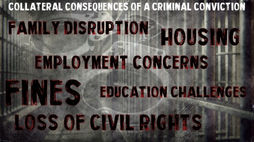

Gregory T. Moro, Esq.
3 hours ago5 min read


Megan R. Moro, Esq.
Nov 94 min read


Gregory T. Moro, Esq.
Oct 185 min read


Gregory T. Moro, Esq.
Oct 74 min read


Megan R. Moro, Esq.
Sep 285 min read


Gregory T. Moro, Esq.
Sep 235 min read


Gregory T. Moro, Esq.
Aug 304 min read


Gregory T. Moro, Esq.
Aug 167 min read


Gregory T. Moro, Esq.
Aug 113 min read


Gregory T. Moro, Esq.
Aug 74 min read


Gregory T. Moro, Esq.
Jul 264 min read




Great information, thank you Megan!